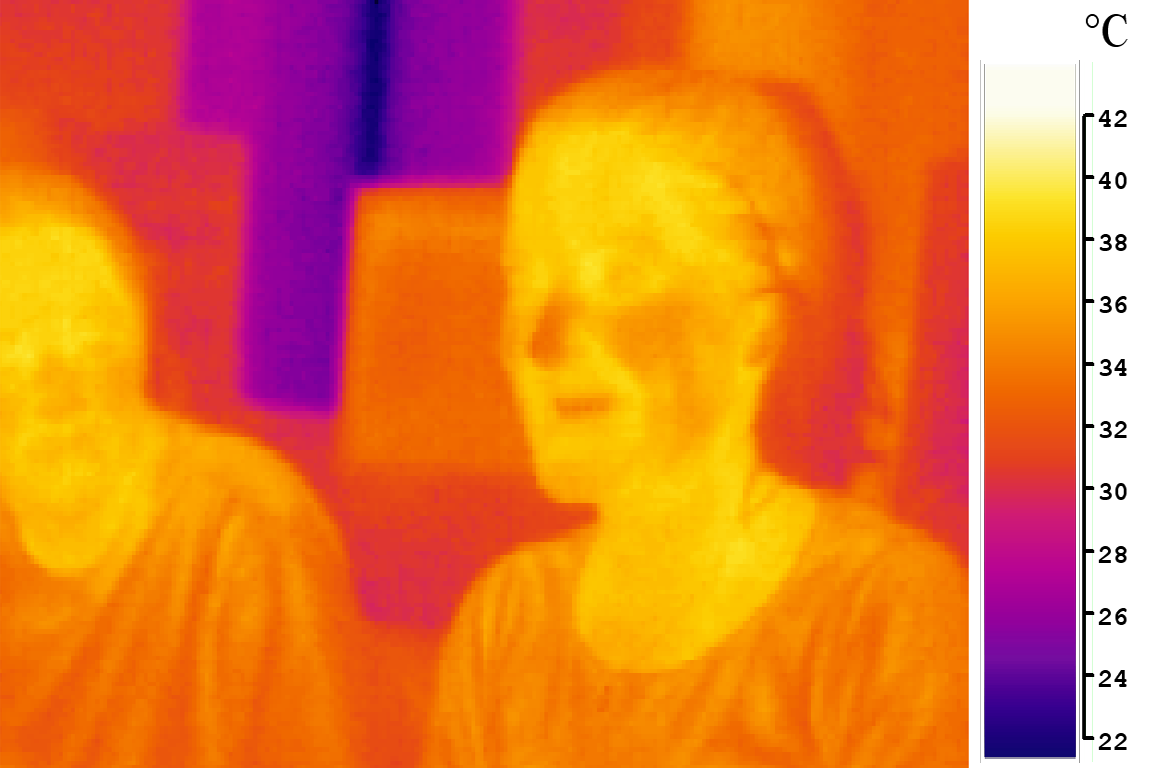Contents

Source: National Institute of Standards and Technology
<>
The World of Infrared Light
Introduction to Infrared Light
Infrared light is light with a wavelength longer than 700–800 nm, beyond the visible range. While the exact boundary is not sharply defined, it poses potential risks to the eyes even if not perceived as very bright.
Types of Infrared Light
Near-Infrared (IR-A)
Ranging from 750 to 1400 nm, near-infrared light can be harmful to the eyes as it reaches the retina similar to visible light.
Short-Wavelength Infrared (SWIR, IR-B)
Extending from 1.4 to 3 μm, SWIR light is relatively eye-safe as it gets absorbed before reaching the retina.
Mid-Wave Infrared (MWIR)
Ranging from 3 to 8 μm, MWIR is used in trace gas laser absorption spectroscopy due to characteristic absorption lines of gases.
Long-Wavelength Infrared (LWIR)
Spanning from 8 to 15 μm, LWIR has various applications, including thermal imaging.
Far Infrared (FIR)
Extending from 15 μm to 1 mm, FIR is utilized for thermal imaging purposes.
Applications of Infrared Light
Infrared Optics
Special infrared optics are needed for mid and far infrared applications, often utilizing materials with low phonon energies for optimal performance.
Sources of Infrared Radiation
Various sources, including lasers, LEDs, thermal emitters, and light bulbs, emit infrared light. Nonlinear frequency conversion can also generate infrared light.
Detection of Infrared Light
Photodetectors based on semiconductors are commonly used for detecting infrared light. Infrared cameras and viewers are employed for various applications.
Removal of Infrared Light
Heat control filters like cold mirrors are designed to eliminate unwanted infrared radiation in illumination systems.
Conclusion
Infrared light, with its diverse applications and characteristics, plays a crucial role in various fields, from communication to thermal imaging.

Source: Wikipedia
Feel free to comment your thoughts.



